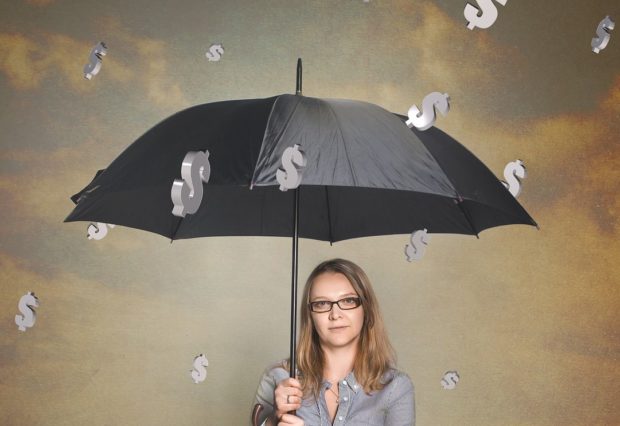Setting Aside Funds for Tomorrow

Life is full on unexpected surprises, some of them pleasant and some stressful. Without a safety net in place, any hiccup in the road can send you quickly into a state of chaos and cripple you financially. Having an emergency fund should be at the top of your list of important things to do, next to paying your mortgage. Though many people go through life without one, this a big mistake that can have severe consequences. Fortunately, it’s never too late to establish one.
Unexpected expenses
If you live paycheck to paycheck and don’t have an emergency fund, you know all too well how an unexpected expense can cause you to make a late payment or even miss paying some of your bills. Thankfully, if this happens you can either borrow the money from a family member or take out a personal loan. If your credit is not good enough to obtain a traditional bank loan and your family doesn’t have the extra money to help you, there are still other ways to acquire the money fast. Online short-term loans through a company like Blue Trust Loans specializes in installment loans. Most of these companies also understand that not everyone has perfect credit, so unlike your bank, they will provide you with a loan, provided you have a steady job, an active checking account and are a natural citizen.

Avoiding the need to borrow in the future
Of course, ultimately, the goal is to avoid the need for borrowing money to make ends meet. Having daily problems with your finances goes beyond a lower credit score. It can cost you more to buy a home or a car, extra in late fees with your monthly bills and even fees with your bank for an overdraft. Plus, it takes a toll on your body, creating stress that can make you sick. Instead, make every effort to end the week to week cycle and plan now for a bright future. Getting on a budget today is important. It will give you a clear view of what you spend your money on.
This can be a real eye-opener. For example, tracking daily expenses like your morning coffee and then realizing that you spend over forty dollars a month on it. That’s just one item. Unfortunately, most people waste a lot of money and don’t actually pay attention to it until they have to.
Paying down debt
Once you have a budget in place you’ll see how much you owe out. If you have more than a few credit cards, pay the rest of them off and then close the accounts. Take the one with the highest interest rate and pay that one off first. Then move onto the next one. For the future, pay cash for larger items like a new piece of furniture or a television. By doing this you’ll learn how to save and appreciate it more and pay only what it actually costs, interest-free.
Opening a savings account
If you live paycheck to paycheck you may think that opening a saving account is out of the question, nothing is further from the truth. Part of the reason you live this way is due to the fact that you don’t have money set aside for emergencies. Before you pay your bills each week take out ten or twenty dollars and put that into savings. You would spend that money on take-out or something else anyway. Your savings will slowly build and before you know it you’ll have a few hundred and then a few thousand dollars tucked away.

Life happens and everyone will have a time in their lives where unexpected expenses come along. In order to achieve financial stability, you need to establish and stick to a budget, use credit wisely and save money. If you do these things, you will have the funds available to cover an emergency and reduce your level of stress.

